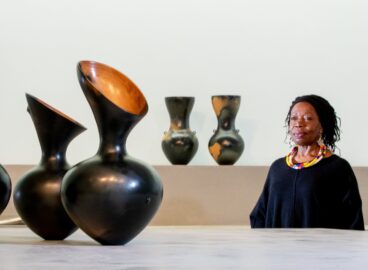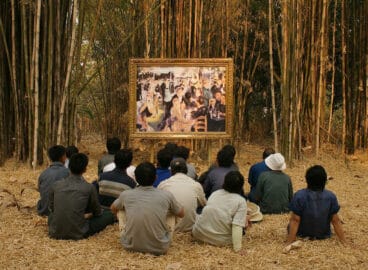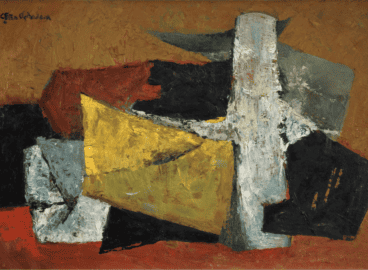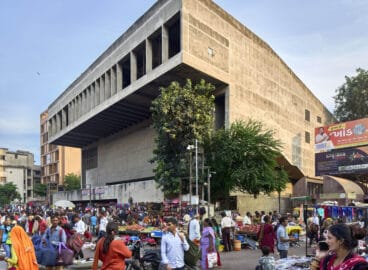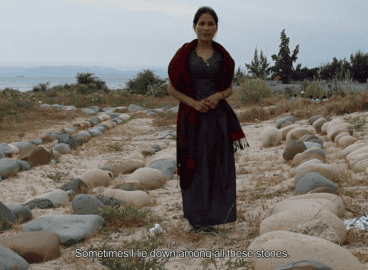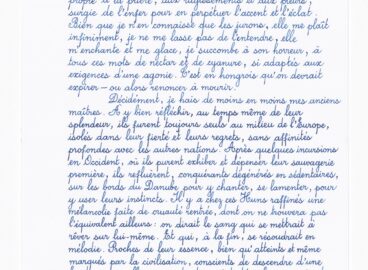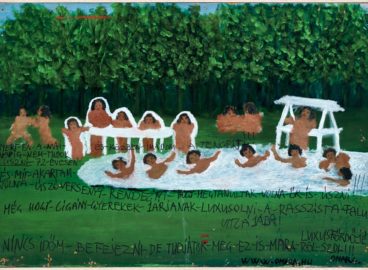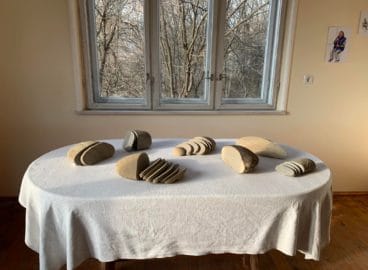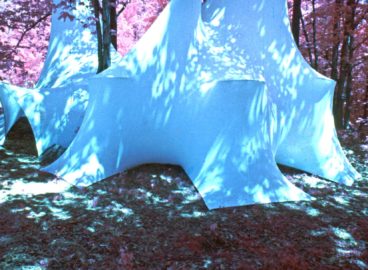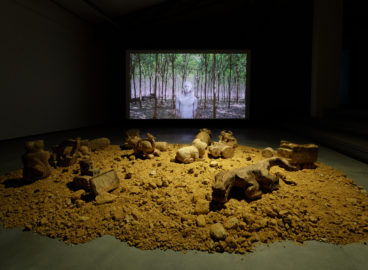The Shifting Resonances of Magdalene Odundo’s Vessels on the Global Stage
Magdalene A. N. Odundo is a ceramic artist born in Kenya in 1950 but residing in Britain since 1971. Much has been made of her biography and the complexities of her education, training, and rigorous practice of creating beautiful vessels that speak to multiple associations and inspirations across the history of art and their resonances…
